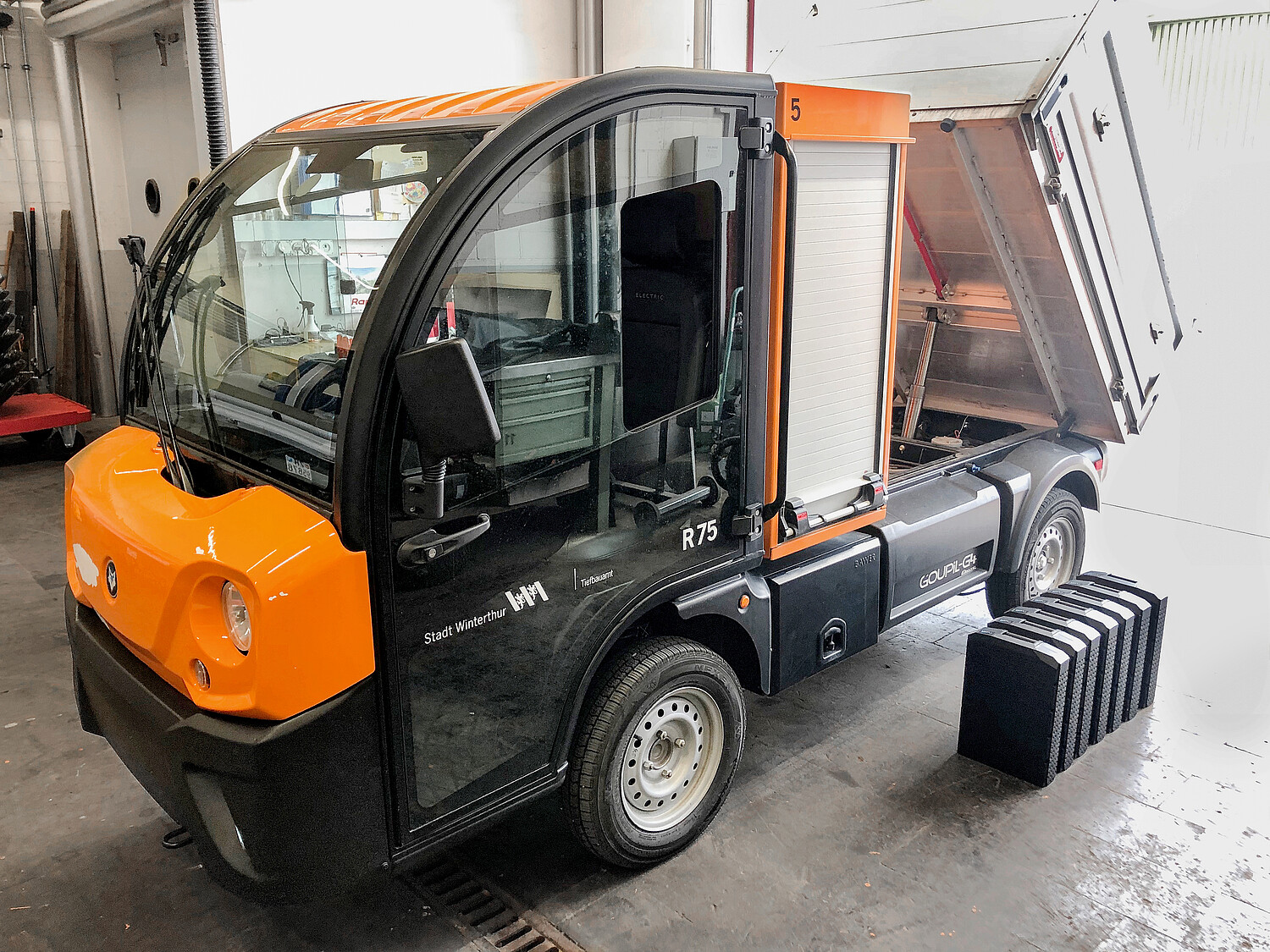
A second life for e-bike batteries
The production and recycling of lithium batteries requires a lot of energy. Researchers from the ZHAW have supported a start-up with an impressive solution for used batteries from electric bikes.
In Winterthur, two small electric vehicles that are powered by cells from former e-bike batteries take care of road maintenance. The batteries come from Libattion, a recently started company in Glattbrugg. Using a patented process, the start-up is able to diagnose which cells of a lithium battery are still performing well and which are weakening. As a rule, around 60 percent of them continue to function properly. With these, the company produces new batteries that are given a second life in small electric vehicles, such as cleaning machines, wheelchairs, scooters and even municipal vehicles. These cells would otherwise be recycled.
Improved environmental footprint
Although the lifespan of these second-life batteries is shorter than that of new ones, a study now suggests that they have a much better environmental footprint. Over the entire product cycle, the ZHAW researchers found that their environmental impact was between 70 percent and 80 percent lower. They carefully examined 18 parameters, ranging from the extraction of raw materials and particulate emissions to water and energy consumption and the impact on health. The upcycled batteries proved to be more environmentally friendly across the board, with the study suggesting that the consumption of fossil energies should be 80 percent lower and water consumption should even cut by as much as 95 percent.
“Reuse makes sense, as the infrastructure for battery recycling in Europe is not yet well developed. The new technology gives us time for this development.”
Recycling only at the beginning
The main reason for this striking difference is that lithium cells are chiefly produced in China, explains project leader Grégoire Meylan from the Center for International Industrial Solutions at the School of Management and Law. “This requires an incredible amount of ‘dirty’ energy.” However, the environmental scientist is still cautious in making his statements, because the results first have to be verified in a peer review. Nevertheless, Meylan says that reuse makes sense, as the infrastructure for battery recycling in Europe is not yet well developed. “The new technology gives us time for this development.” As it stands, around 12,000 e-bike batteries currently reach the end of their life every year. This figure is set to increase significantly in future with the current e-bike boom. And second-life batteries also have to be disposed of at some point, as Meylan explains. “A third life is rather unrealistic.”
The project, which was completed in May, was supported by Innosuisse, the Swiss Innovation Agency, and conducted in cooperation with the Bern University of Applied Sciences, which was responsible for the technical optimisations. The Office for Waste, Water, Energy and Air of the Canton of Zurich (AWEL) also provided support and made a financial contribution.
Data on functional status via Wi-Fi
The ZHAW researchers were also tasked with assessing the potential of various business models. This is because instead of exclusively selling the batteries, Libattion also wants to offer a rental or pay-per-use solution. In the case of the latter variant, customers only pay for the battery when it is in use, while also benefiting from services at the same time. For this purpose, the battery is fitted with a chip that provides data on its functional status via Wi-Fi. On an online platform, the start-up Libattion can see, for example, how much electricity is needed to charge the battery, how far the electric vehicle can travel with it, how quickly the battery drains even when idle and how much it heats up.
“With the pay-per-use solution, customers only pay for the battery when it is in use.”
“This allows us to monitor the ‘health’ of our products on the market,” says CEO Stefan Bahamonde. There are also said to be plans to offer better warranty services. “In doing so, we want to increase our customers’ confidence in our products.” The ZHAW study included municipalities with a particular affinity towards the issue of energy saving, as well as manufacturers, importers and maintenance firms for electric vehicles. The study revealed that all of the participants are convinced of the potential offered by second-life batteries, with the latter group, in particular, being interested in the innovative services.
Old car batteries store solar power
Libattion, with its approximately 20 employees, is currently unrivalled in Switzerland when it comes to the upcycling of e-bike batteries. It receives the spent batteries from Batrec Industrie, a company based in the Bernese municipality of Wimmis that specialises in the further processing of batteries, activated carbon and mercury. The recycling of non-reusable cells is financed through the advance recycling fee.
“Our experiences have been thoroughly positive. The considerable CO₂ savings and the favourable price also speak in favour of the product.”
A further Libattion project involves the upcycling of lithium batteries from cars. These are found, for example, in larger batteries that are used for storing surplus solar power. This allows the owners of a photovoltaic system to also use their own electricity after sunset. For this project, Libattion is working together with Librec, a company based in Biberist in the canton of Solothurn which has specialised in the recovery of raw materials in car batteries.
Winterthur is satisfied
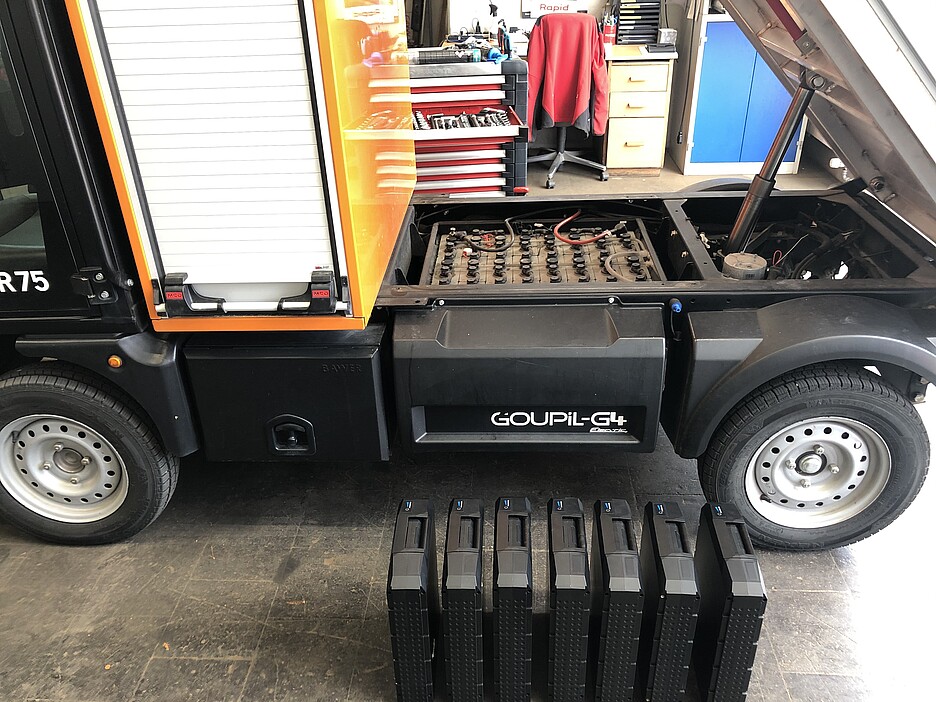
The two electric vehicles in Winterthur, which transport equipment for road maintenance, remain in operation even after the conclusion of the project and cover around 80 kilometres every day. “Should it one day become necessary to purchase new batteries, the second-life models would certainly make the short-list of potential options,” says Peter Hirsiger, Head of the Road Inspectorate. “Our experiences have been thoroughly positive. The considerable CO₂ savings and the favourable price also speak in favour of the product.”
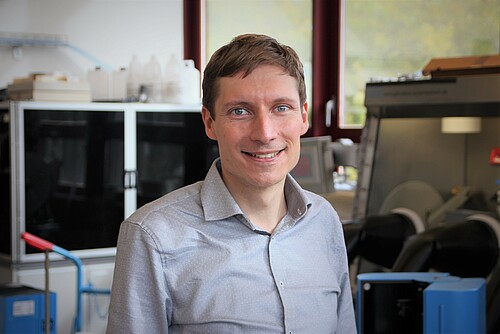
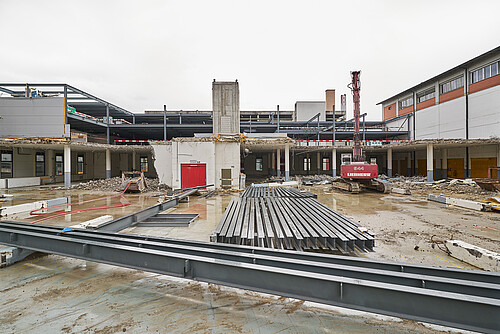
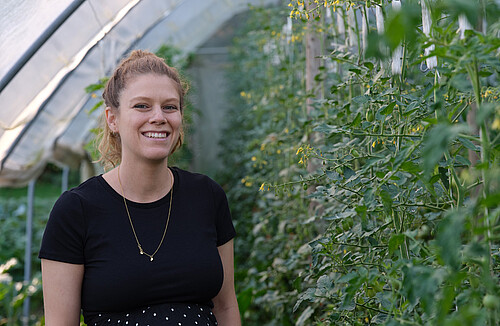
0 Comments
Be the First to Comment!